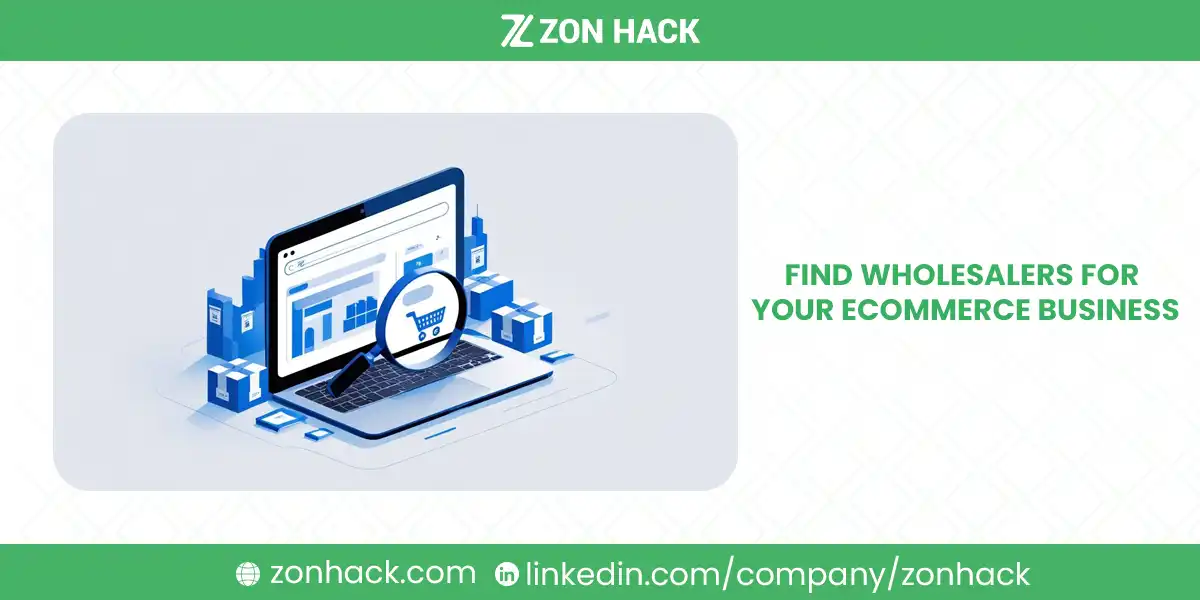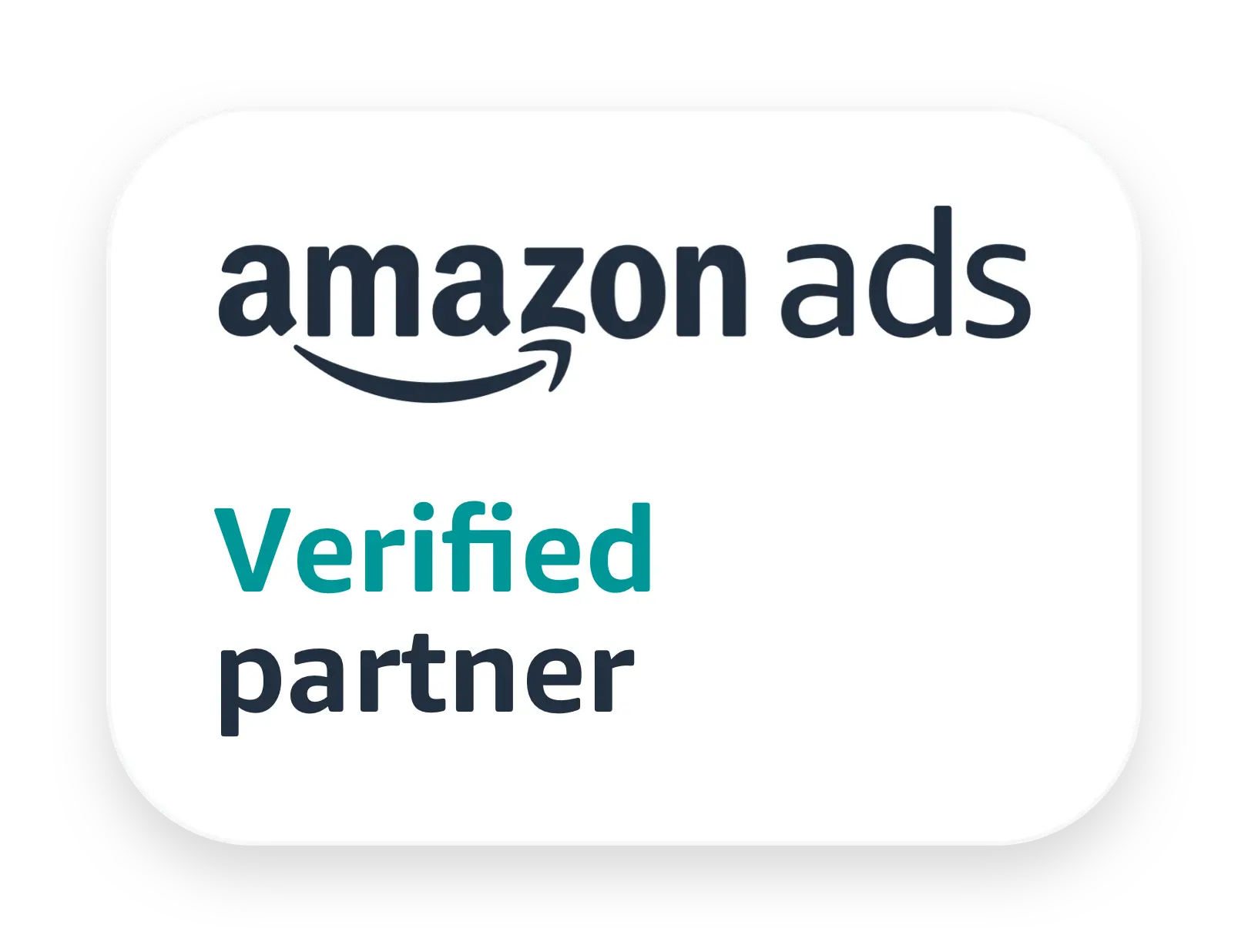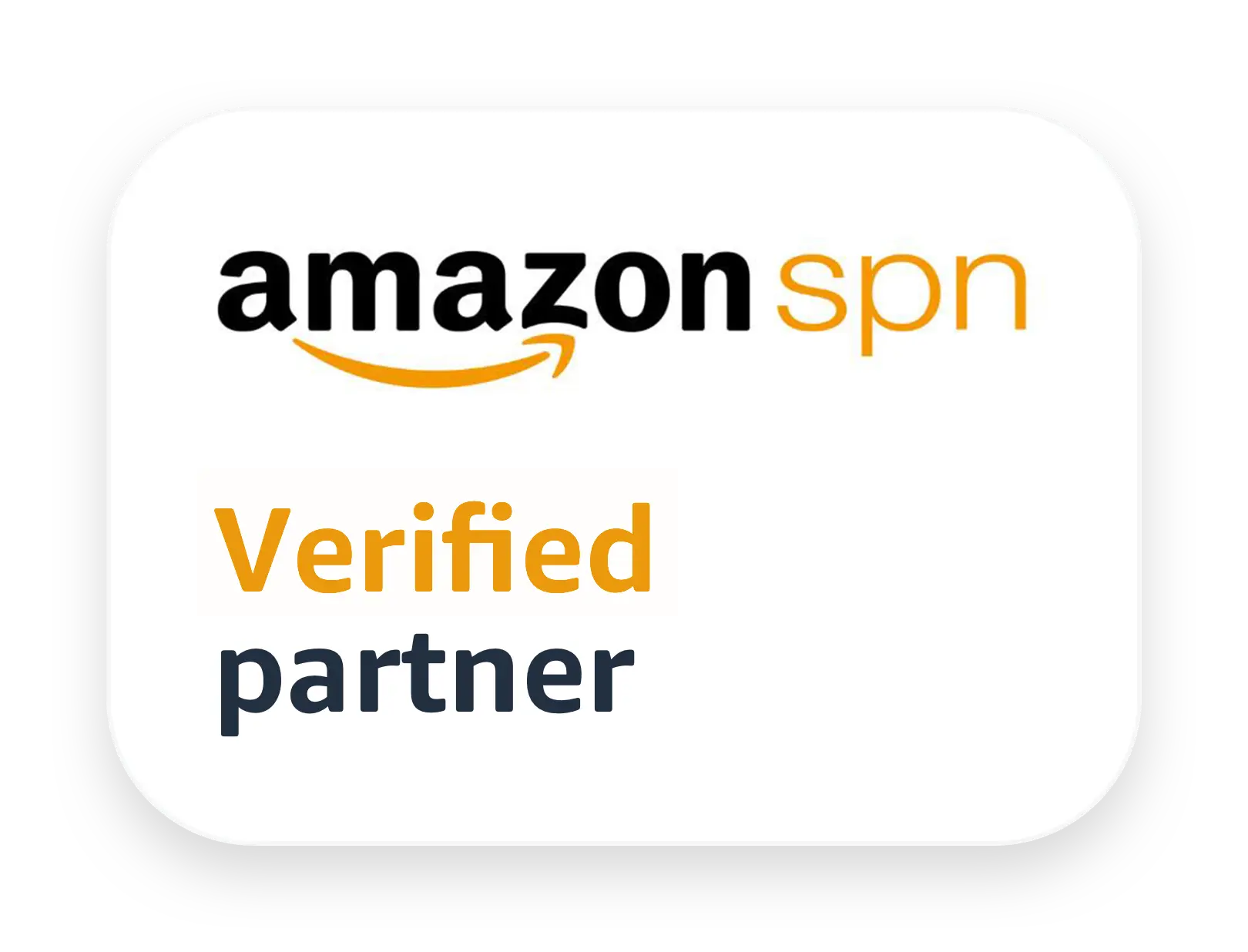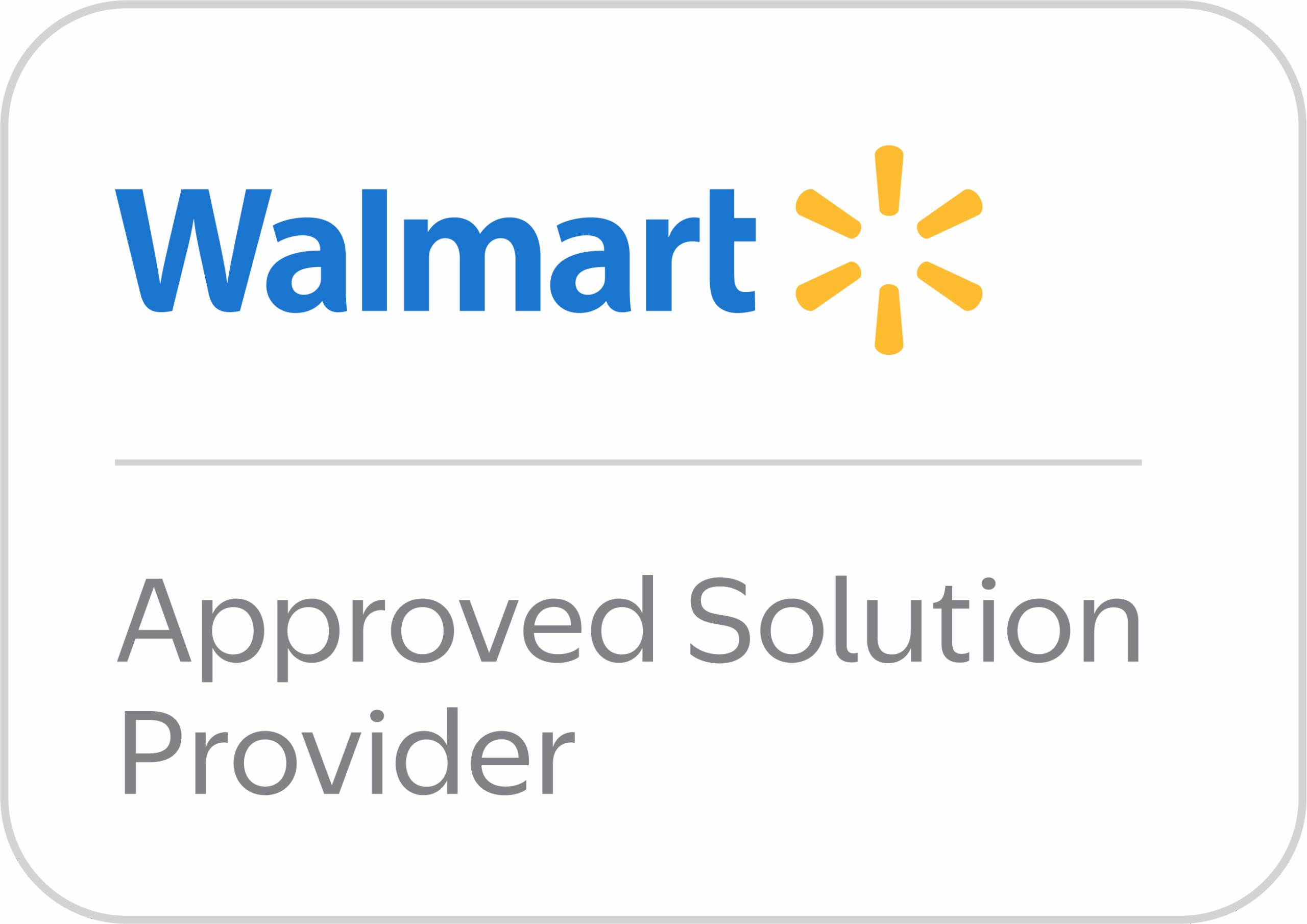Finding the right wholesaler for your e-commerce business can feel like searching for a needle in a haystack. You want the right price, but you also want trust, reliability, and speed. It’s not just about finding someone who sells stuff in bulk. It’s about building a long-term relationship with someone who fuels your business growth.
This article breaks the process down step by step, from understanding what a wholesaler really does, to where to look, how to vet them, and how to build relationships that last. Whether you’re just starting out or looking to scale, this is for you.
The Role of Wholesalers in eCommerce
Before you start searching, you need to understand what wholesalers actually do—and what makes one better than another.
A wholesaler is a middleman between you (the retailer) and the manufacturer. They buy large volumes of products at discounted rates and sell them to smaller businesses at a markup. But here’s the catch: not all wholesalers are equal.
Some focus on general merchandise like tools, toys, or gadgets. Others specialize in niches—like eco-friendly skincare or dog gear. Then you have regional wholesalers who only serve specific geographies, or online-only wholesalers that work through eCommerce platforms.
When you work with a good wholesaler, you:
- Avoid manufacturing headaches
- Get products faster
- Spend less per unit
- Have more room for profit
- Test new products or niches with lower risk
And if you’re running a store on Amazon, Shopify, or Etsy, finding the right wholesale partner can also mean faster restocking, better margins, and fewer stockouts—especially during busy seasons like Q4.
Where to Find Wholesale Suppliers
So where exactly do you find these wholesalers?
Let’s break this down into three major categories: online directories and platforms, offline methods, and alternative channels.
Trusted Online Wholesale Marketplaces
1. Alibaba
Alibaba is a massive B2B marketplace based in China. It’s one of the most popular sources for private label and white label products. You can find almost anything here—from fitness gear to electronics to home decor.
The platform lets you contact manufacturers directly. Many will offer wholesale pricing for as few as 100 units, although some may require MOQs (Minimum Order Quantities) of 500 or more.
But be cautious. Always request samples first. Make sure you know what you’re getting. Many suppliers look similar on the surface, but their reliability can vary.
2. AliExpress
This is Alibaba’s sister company, built more for dropshipping and small-volume orders. MOQs are often 1–10 units, which makes it ideal for testing products before committing to larger orders.
3. Faire
Faire connects independent brands and makers with retailers. While it’s especially popular in North America, it’s growing fast globally. If you run a boutique eCommerce brand, Faire is a great place to source trendy, design-led products with low MOQs.
4. DHgate
Another Chinese platform offering bulk discounts, but with less oversight than Alibaba. Prices are often lower, but quality control is riskier. Use DHgate cautiously, and only after vetting suppliers thoroughly.
5. IndiaMART
If you’re sourcing textiles, medical supplies, industrial tools, or handcrafted products, IndiaMART is a leading marketplace based in India. Unlike Alibaba, it’s more focused on domestic production and region-specific products.
Wholesale Directories Worth Exploring
Directories give you access to lists of verified wholesalers. They’re not marketplaces—you’ll still need to reach out manually—but they’re helpful for finding niche or domestic suppliers.
A few well-known ones include:
- Worldwide Brands (paid, but vetted and extensive)
- TopTenWholesale (free, mostly U.S.-based)
- Wholesale Central (free, searchable by category)
- ThomasNet (great for industrial and U.S. manufacturers)
- Super Delivery (Japan-based wholesaler network)
These directories often include contact details, product ranges, shipping policies, and even certifications.
Offline and Alternative Wholesale Sourcing Channels
Even in a digital world, offline channels still matter. Trade shows and local expos can be goldmines.
1. Trade Shows and Expos
Events like ASD Market Week (USA) or the Canton Fair (China) bring thousands of suppliers under one roof. You can inspect products firsthand, build relationships, and even negotiate deals on the spot.
Notable events include:
| Trade Show | Region | Focus |
| Canton Fair | China | General B2B, largest in the world |
| ASD Market Week | USA | Consumer goods, fashion, electronics |
| MAGIC | USA | Apparel and fashion |
| Ambiente | Germany | Home and living products |
2. Referrals and Networks
Ask around. Facebook Groups, Reddit threads, Discord communities, and local entrepreneur meetups often have first-hand supplier recommendations. These tips can lead you to lesser-known but highly reliable wholesalers.
3. Local Chambers of Commerce
Surprisingly underutilized, these organizations often keep directories of local wholesalers or product manufacturers. You can find high-quality, regional products that align with local tastes.
How to Evaluate and Vet a Wholesaler
Let’s say you’ve found a few potential suppliers. Now what?
You need to vet them thoroughly. Not doing so can cost you money, time, and your store’s reputation.
Start With Basic Background Checks
You want to know if they’re legit. Start by Googling their business name, reading reviews, checking for scam alerts, and looking for red flags like:
- No company address listed
- No verifiable phone number
- No online reviews or ratings
- Payment methods limited to wire transfers or crypto
Make sure they’re registered as a legal business. Look for business licenses or certifications, especially for medical, food, or electronic products.
Test the Products Yourself
Always ask for samples. You’ll want to assess:
- Build quality
- Packaging
- Delivery time
- Product accuracy (does it match the listing?)
If you’re ordering beauty, supplements, or food-related products, check for certifications like:
- FDA registration (U.S.)
- CE mark (EU)
- ISO 9001 (quality assurance)
Testing the product is non-negotiable. You don’t want negative reviews or customer returns eating into your margins.
Understand Pricing and Terms
Ask about:
- MOQs: How much do you need to order minimum?
- Price tiers: Do costs drop at 500 units vs 1000?
- Shipping terms: Who pays for shipping? Is tracking included?
- Lead time: How long before your order ships?
Many suppliers will offer better pricing if you commit to recurring monthly orders. But don’t lock yourself in too early—test first.
Also, confirm the payment methods they accept. Suppliers on Alibaba, for example, often use Trade Assurance for safe payments. If you’re wiring money directly, use an escrow service or work with a known agent.
Communication Is a Clue
This might seem minor, but how a supplier communicates matters. If they’re slow to respond or vague in their answers, expect the same once you’ve paid.
Good suppliers:
- Respond within 24–48 hours
- Answer questions clearly
- Provide product specs and documents
- Are open about shipping delays or product issues
Don’t ignore gut feeling here. If something feels off, it probably is.
How to Negotiate With Wholesalers
Once you’ve vetted a few potential suppliers, the next step is negotiation. But this isn’t just about asking for a lower price. It’s about building a deal that works for both sides—you and the supplier.
Here’s what to focus on:
Start with Volume Commitments, Not Discounts
A supplier is more likely to give you a better deal if you offer predictable monthly orders, rather than simply asking for discounts on a one-time batch.
For example:
Instead of saying, “Can I get 5% off 500 units?” try:
“If I order 500 units this month and 1000 next month, could we work on a tiered pricing structure?”
This shows them you’re serious, and it opens the door to win-win pricing.
Clarify Hidden Costs Early
Many new sellers make the mistake of looking only at unit cost. But that’s not the full picture.
Always ask about:
- Shipping fees (and whether it’s FOB, CIF, or DDP)
- Packaging costs
- Customization or branding fees
- Payment transaction charges
Some wholesalers offer EXW pricing, where you handle all shipping and freight. Others include delivery to your port or even a warehouse. Clarify every detail up front.
Don’t Be Afraid to Walk Away
If something feels off—poor communication, refusal to send samples, vague pricing—walk away. There are always other options.
The right wholesaler will be transparent and responsive. They won’t pressure you into signing contracts before you’re ready.
Working With Wholesalers Long-Term
The first order is just the beginning. Great supplier relationships are built over time, and they can become a strategic advantage.
Some wholesalers offer:
- Early access to new products
- Custom product development
- Credit terms after a few successful orders
- Better prices as you scale
Here’s how to strengthen that relationship:
Be Consistent and Professional
Always pay on time. Communicate clearly. If you need changes in order volume or shipping, give them a heads-up as early as possible.
Suppliers love dependable buyers. And the more they trust you, the more flexibility they’ll offer.
Visit in Person (If You Can)
If you’re working with a major supplier, especially overseas, consider visiting their facility. This builds trust and helps you understand their capacity, workflow, and business ethics.
You don’t need to do this with every supplier, but for major sourcing relationships, it’s worth the investment.
Document Everything
Always get things in writing:
- Product specifications
- Shipping timelines
- Payment terms
- Refund/return policies
Use tools like DocuSign or PandaDoc to keep things formal. Don’t rely solely on WhatsApp or WeChat conversations when placing large orders.
Frequently Asked Questions
How can I find U.S.-based wholesalers?
Check directories like ThomasNet, Wholesale Central, or Faire. These focus heavily on North American suppliers. Also, trade shows like ASD or NY NOW are ideal for meeting U.S. suppliers.
Are there wholesalers for eco-friendly or niche products?
Yes. Platforms like Abound, RangeMe, and GreenDropShip specialize in ethical, sustainable, or niche products—great for modern DTC brands.
What’s the difference between wholesale and dropshipping?
With wholesale, you buy and hold inventory. You control shipping and margins.
With dropshipping, your supplier ships directly to your customer, but you sacrifice some margin and control.
How much should I budget for my first wholesale order?
It depends on the product category. But generally, expect to spend $500–$2,000 on a small initial order (including samples and shipping).
What are MOQs and why do they matter?
MOQ stands for Minimum Order Quantity. It’s the lowest amount a supplier is willing to sell you. The lower the MOQ, the easier it is to test products with less risk.




